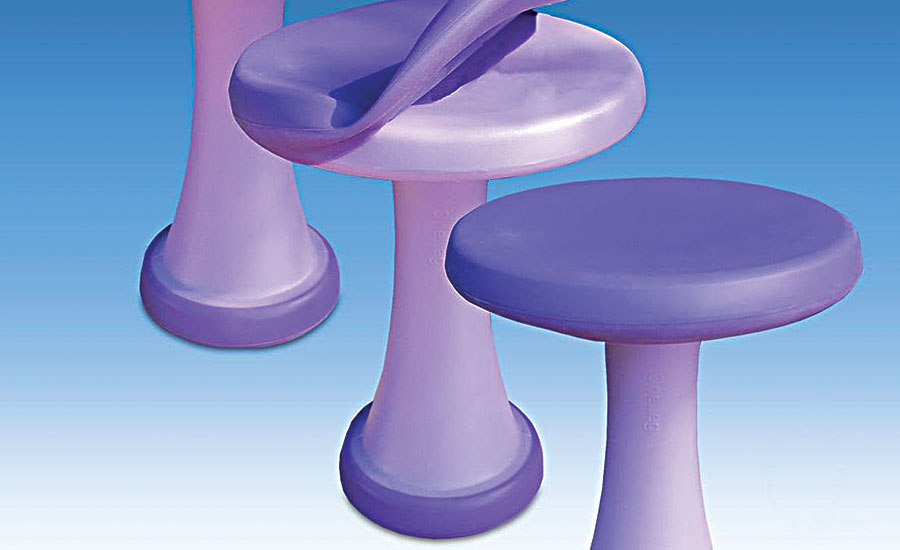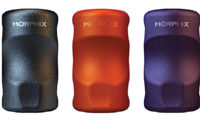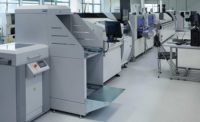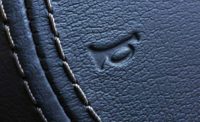Functionality and ergonomics are becoming increasingly important to furniture manufacturers around the world. Danish manufacturer OneLeg is well aware of this trend—and well prepared to meet its design-related challenges.
Several years ago, for example, the company developed its main product: a plastic one-legged gardening stool with a curved foot. The foot provides a large working radius for the gardener, allowing him to lean forward and rotate freely without straining his back or knees. In addition, the stool features a cavity core and seat, and is light enough to easily carry around a garden.
Last year, OneLeg looked to expand the market appeal of the stool by increasing its height and adding silicone seat covers. The latter feature provides users with extra comfort and the ability to lean forward even more without sliding off the seat.
Another change was the addition of a foot cover to prevent the stool from sliding on slippery surfaces or indoors. Su-sanne Schmidt, owner of OneLeg, says the redesigned model is aimed primarily at automotive mechanics and teachers.
Before bringing the stool to market, OneLeg needed to perform tests to verify three things: the maximum weight the stool could support without breaking; that the plastic is strong enough to withstand intense daily use; and that the silicone seat cover is flexible and rugged enough for the working environments of mechanics and teachers.
To determine the stool’s maximum weight capacity, the company conducted compression tests using an LR30KPlus materials tester from Lloyd Instruments (a brand of AMETEK Test & Calibration Instruments). The tests determined that the stool supports up to 595 pounds.
More importantly, according to Schmidt, the stool then withstood a separate 2,204-pound compression test. Rather than breaking the stool, the excessive weight caused the stool to compress a bit by pushing some plastic into the stool’s cavity.
After this, OneLeg performed tensile tests on the slip covers’ silicone material. These tests indicated that the covers were able to withstand being frequently placed on and removed from the stool without stretching or tearing.
“Having the ability to use the same machine for different tests on our stools and accessories was a major advantage,” acknowledges Schmidt. “All we needed to do was change the grips for each test, turn on the machine and push a few but-tons.”
Schmidt says that test results from the LR30KPlus helped convince teachers and mechanics that the stool is strong enough to withstand their rough handling. As a result, the stool continues to gain new customers in the United Kingdom, Germany and Switzerland.
For more information on materials testers, call 800-527-9999 or visit www.ametektest.com.




